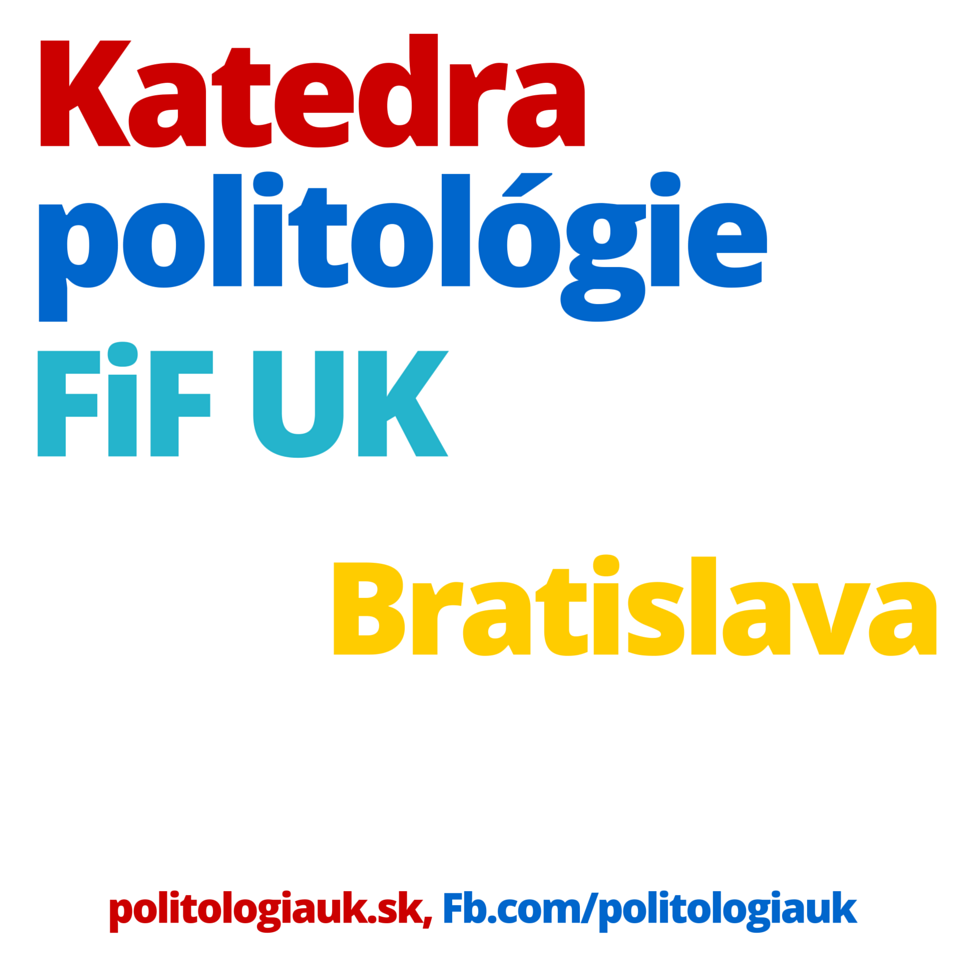EUNPACK - Good intentions, mixed results – A conflict sensitive unpacking of the EU comprehensive approach to conflict and crisis mechanisms, 2016 - 2019
Team leader za UK: Prof. Jozef Bátora
The EUNPACK project unpacks EU crisis response mechanisms, with the aim to increase their conflict sensitivity and efficiency. By combining bottom–up perspectives with an institutional approach, EUNPACK will increase our understanding of how EU crisis responses function and are received on the ground in crisis areas. This entails exploring local agencies and perceptions in target countries without losing sight of the EU’s institutions and their expectations and ambitions. It also entails examining the whole cycle of crisis, from pre-crisis, through crisis, and into post-crisis phase.
EUNPACK analyses two gaps in EU crisis response. First, the intentions–implementation gap, which relates to 1) the capacity to make decisions and respond with one voice and to deploy the necessary resources, 2) how these responses are implemented on the ground by various EU institutions and member states, and 3) how other actors – local and international – enhance or undermine the EU’s activities. Second, the project addresses the gap between the implementation of EU policies and approaches, and how these policies and approaches are received and perceived in target countries, what we refer to as the implementation¬–local reception/perceptions gap. Our main hypothesis is that the severity of the two gaps is a decisive factor for the EU’s impacts on crisis management and thereby its ability to contribute more effectively to problem-solving on the ground. We analyse these gaps through cases that reflect the variation of EU crisis responses in three concentric areas surrounding the EU: the enlargement area (Kosovo, Serbia), the neighbourhood area (Ukraine, Libya), and the extended neighbourhood (Mali, Iraq, Afghanistan). The results of our research will enable us to present policy recommendations fine-tuned to making the EU’s crisis response mechanisms more conflict and context sensitive, and thereby more efficient and sustainable.
Participujúce inštitúcie:
Koordinácia konzorcia: NORSK UTENRIKSPOLITISK INSTITUTT(NUPI), Norway
2 THE UNIVERSITY OF MANCHESTER United Kingdom
3 FREIE UNIVERSITAET BERLIN Germany
4 CENTRE FOR EUROPEAN POLICY STUDIES Belgium
5 UNIVERZITA KOMENSKEHO V BRATISLAVE Slovakia
6 SCUOLA SUPERIORE DI STUDI UNIVERSITARI E DI PERFEZIONAMENTO SANT'ANNA Italy
7 BEOGRADSKI CENTAR ZA BEZBEDNOSNU POLITIKU UDRUZENJE Serbia
8 Kosovar Centre for Security Studies KCSS Kosovo * UN resolution
9 NATIONAL UNIVERSITY OF KYIV-MOHYLA ACADEMY Ukraine
10 Institut de Recherche sur le Maghreb Contemporain Tunisia
11 Alliance pour Refonder la Gouvernance en Afrique Senegal
12 Afghanistan Research and Evaluation Unit (AREU) Afghanistan
13 Middle East Research Institute (MERI) Iraq


